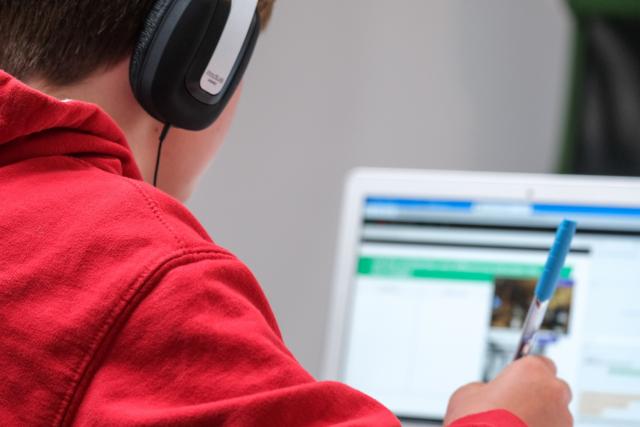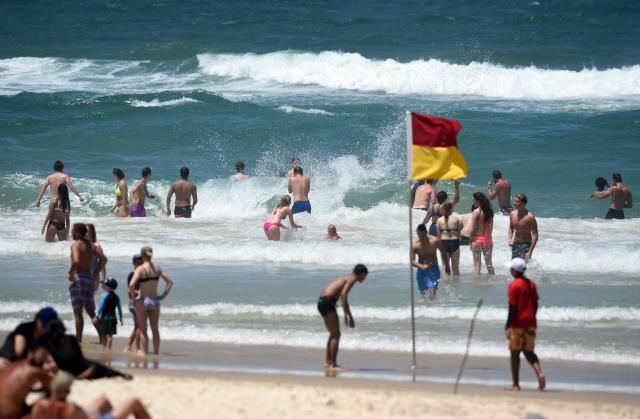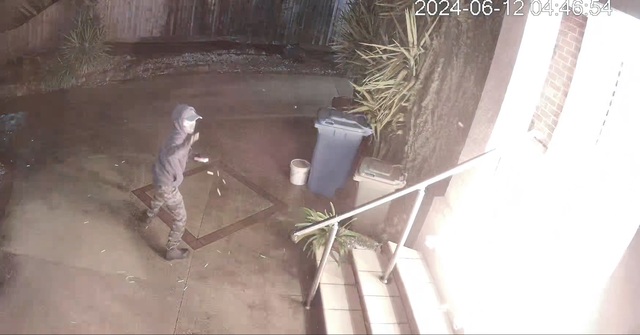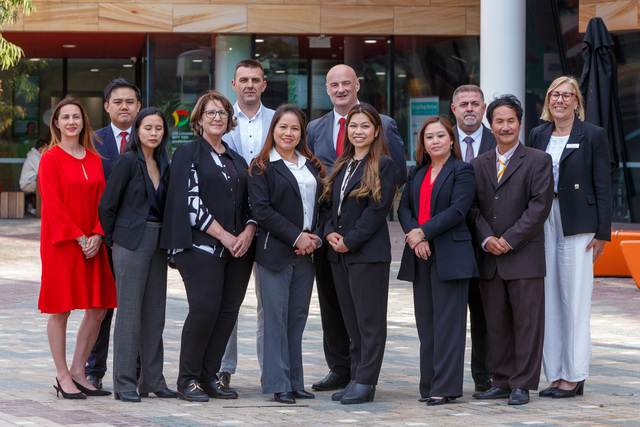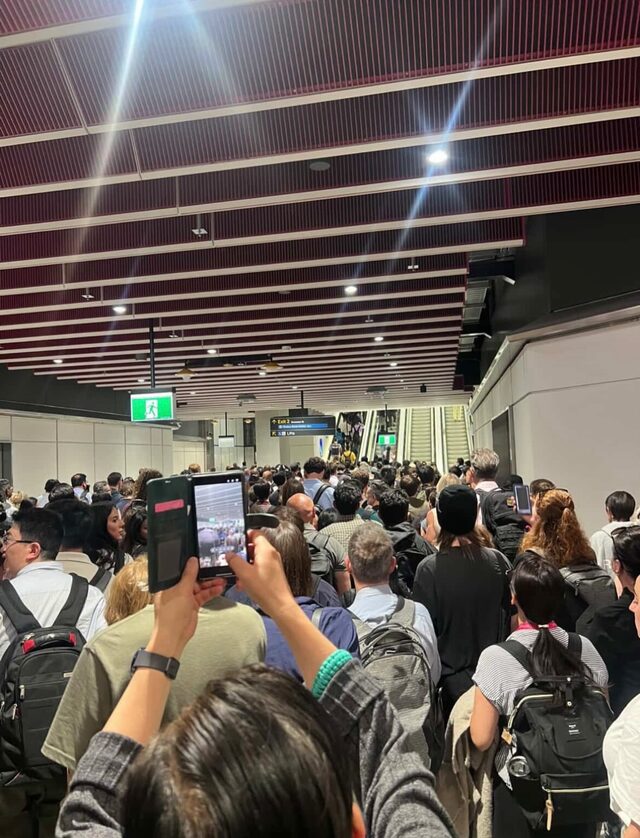Centrally managed internet services and improving schools’ cybersecurity governance will be part of a new suite of upgrades for schools across the state designed to keep students and staff, and their data, safe.
The upgrades will monitor school networks and flag suspicious activity by hackers and criminals, while also standardising cybersecurity services across schools as well as doubling internet speeds.
The changes follow on from about 15 schools taking part in a pilot program using three new artificial intelligence-based programs which monitor activity within school networks looking for things like ransomware and hacking during the first half of 2023.
The final decision on which of the programs from the successful pilot will be implemented is expected early this year, with the new solution working alongside existing technology.
The existing technologies have identified and stopped more than 35,700 attempts to access school systems since 2021.
The upgrades are included in the State Government’s Securing Connected Learners program, which is shaping technology and digital services across more than 1500 government schools.
The upgrades will include centralising access to Microsoft and Google collaboration programs, moving schools onto centrally managed services for internet, systems access and security monitoring, providing schools with a catalogue of assessed education software to minimize the use of unsafe technologie, doubling the internet speed from one megabits per second (Mbps) to two Mbps per student in primary schools and increase it five-fold to five Mbps per student in secondary schools.

